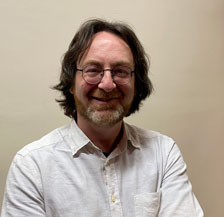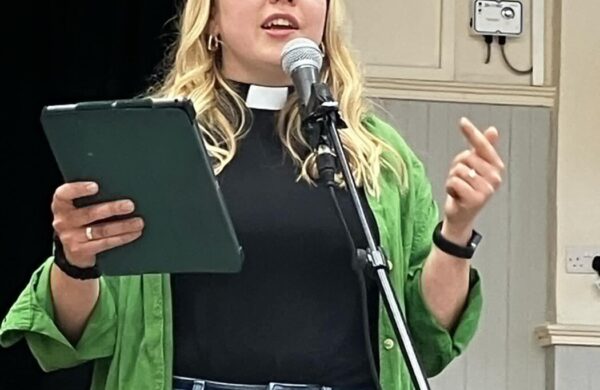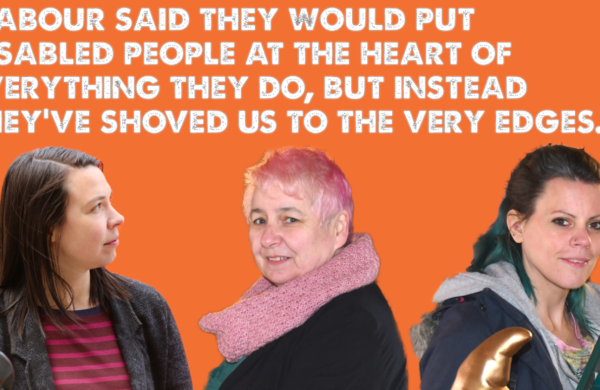Speaking of poverty, differently
The UN Special Rapporteur on Extreme Poverty and Human Rights, Olivier De Schutter's video outlines his new mandate on ways of tackling poverty.
The UN Special Rapporteur’s mandate argues that poverty has often been pictured as attributable to the individual, but we should see it instead as a failure of society. To combat poverty, we should not shame or penalise people in poverty.
We should instead create a truly inclusive economy, in which each person is not considered a passive recipient of support, but an actor, co-constructing solutions. They emphasise that “building back better” does not mean returning to the status quo, but instead taking public action toward the sustainable eradication of poverty.
This vision is in line with our own, putting people with lived experience of poverty at the forefront to create sustainable solutions to poverty. Our strategy focuses on how we can build a movement that ensures everyone can access dignity, agency, and power.
Watch the video below and read more about the mandate of the UN Special Rapporteur on extreme poverty and human rights.
Transcript:
Poverty has often been pictured as attributable to the individual.
Who made the wrong choices in life, who is not fit for the world of work, who failed to see the opportunities, who does not deserve help.
As if society were a fact of nature, a given that we cannot change. this has a number of perverse consequences.
It leads to individuals in poverty feeling shame and becoming invisible in society. It legitimises discrimination and institutional abuse against those who experience poverty.
It gives the wrong impression that only a tiny share of the population is at risk of poverty and it reserves support to the deserving poor while others are denied help.
But poverty is really not a failure of the individual we should see it instead as a failure of society.
A society that fails to recognise the competence of people in poverty a society that relies on a fetishised conception of merit.
A society that does not ensure inclusion but instead creates exclusion.
A society in short that imposes uniformity rather than recognising the value of diversity to combat poverty.
We should not shame or penalise people in poverty.
We should instead create an economy that is truly inclusive: recognising the potential of each individual, building on the inventiveness of people in poverty and their multiple skills on the social innovations that they imagine on the solidarity networks they develop.
This is an economy in which each person is not considered a passive recipient of support but an actor co-constructing solutions.
If I can imagine this society so can you.




This focus is the very heart of what the church should be about and this organisation seems a powerful tool. Thank you